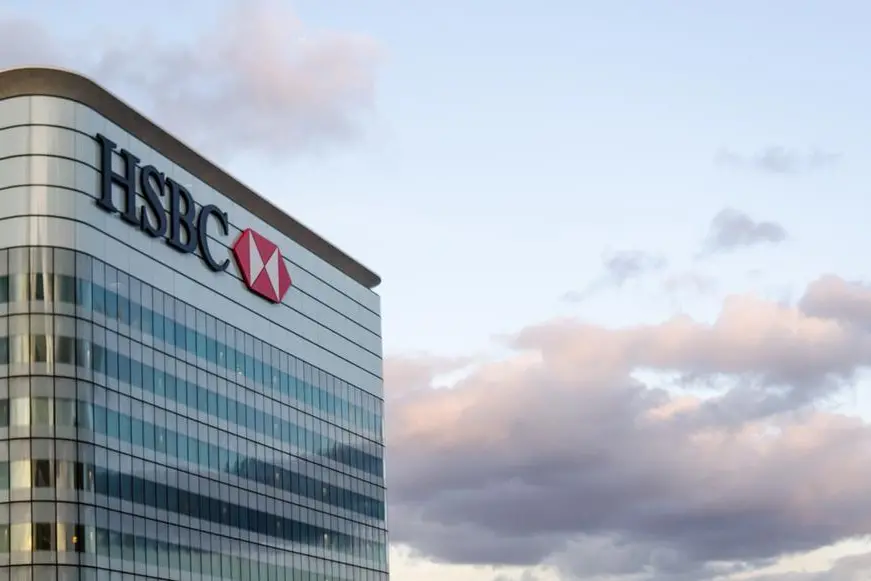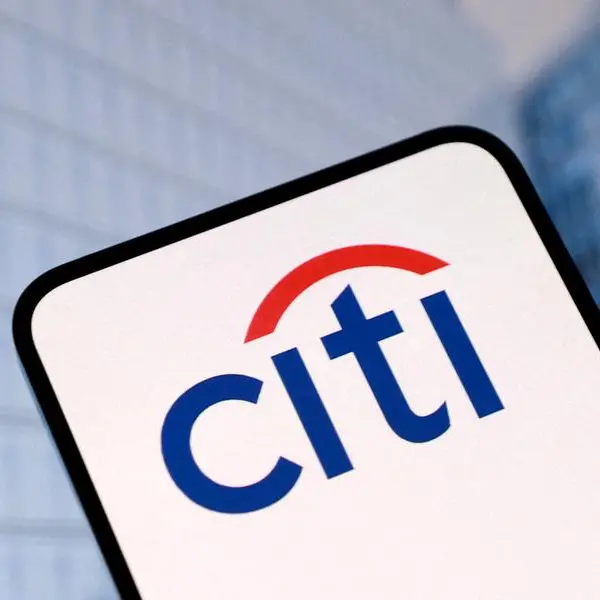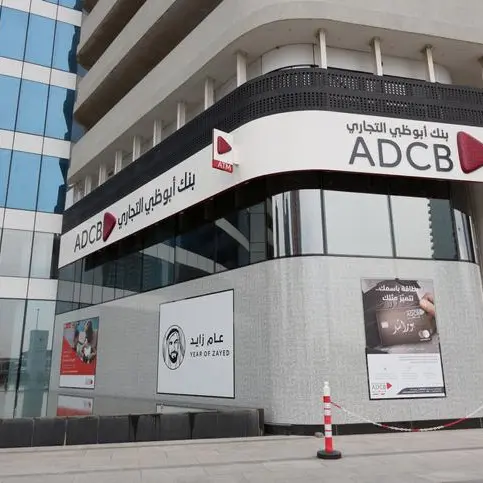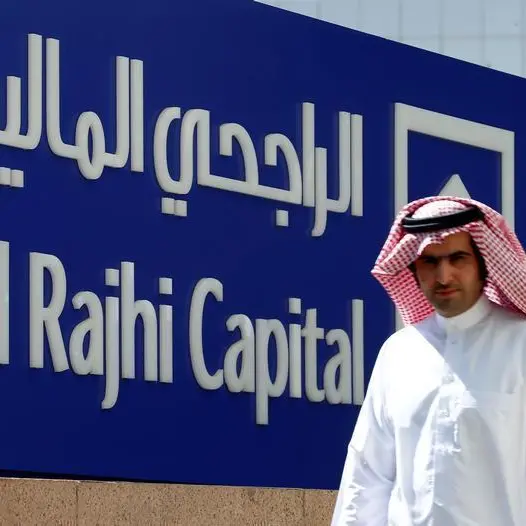PHOTO
HSBC said its revenues could be reduced by “low single-digit” percent and it could take an extra US$500m hit from bad loans due to the impact of substantially higher tariffs and reduced trade, following the tariff war sparked by US president Donald Trump.
HSBC CEO Georges Elhedery said that estimate was based on a range of “adverse but plausible downside scenarios” from the impact of significantly higher tariffs.
HSBC, one of the largest trading banks in the world, said under the downside scenario higher tariffs would reduce GDP and have an impact on unemployment, financial conditions, stock markets and house prices, and hurt sectors including autos, industrials, retail, textiles, transport and logistics.
"The macroeconomic environment is facing heightened uncertainty, in particular from protectionist trade policies, creating volatility in both economic forecasts and financial markets and adversely impacting consumer and business sentiment," the bank said, adding that it could lead to muted loan growth.
Elhedery said a reconfiguration of global trade is taking place. “We’ve seen a significant drop in volumes along the US-China corridor in the sectors that have not been given a waiver or a reduction in tariffs," he said, but other trade corridors are active.
"We do not believe in the end of globalisation, but we do believe in a reconfiguration of globalisation where trading patterns, trading corridors and trade volumes have shifted and will continue shifting geographically," he told reporters on a conference call. "[There is] much greater predominance for intraregional trade flows and less dominance of the inter-continental or inter-regional trade flows."
He was speaking after HSBC on Tuesday reported an 11% rise in underlying pretax profit for the January-March quarter, which included a US$200m increase in provisions for bad loans to reflect heightened uncertainty and deterioration in economic outlook.
Pretax profit was US$9.48bn, down 25% from a year earlier, when it booked a US$4.8bn gain from the sale of its banking business in Canada. Excluding one-off items and at constant currency, the bank said its pretax profit was US$9.77bn, up from US$8.82bn last year.
Revenue, excluding one-off items and at constant currency, was US$17.74bn, up 6.7% from the year-earlier quarter, led by growth in its international wealth and premier banking, corporate and institutional banking and Hong Kong businesses.
The bank announced a share buyback of up to US$3bn following the completion of a US$2bn repurchase in April.
HSBC is undergoing a major overhaul, which it said was on track and it reiterated financial targets set out in February, including to deliver a return on tangible equity of mid-teens percent in 2025, 2026 and 2027. Its underlying RoTE in Q1 was 18.4%, up from 16.4% a year earlier.
HSBC is aiming to reduce staff costs by 8%, which is expected to see thousands of jobs go, including in its investment bank. It has started closing M&A advisory and equity capital markets activities in the UK, the rest of Europe and the Americas and scaling back in other areas, but is retaining more focused M&A and ECM in Asia and the Middle East.
Elhedery said the bank is on track to deliver about US$300m of cost reductions in 2025 and an annual reduction of US$1.5bn by the end of 2026. It will incur severance and other upfront costs of US$1.8bn before the end of 2026 to do so, and said about US$200m of that was booked in the first quarter.
He declined to estimate how many jobs have gone so far. Eight percent of staff equates to around 17,000 people, although the bank has said fewer than that are likely to go.
"We remain on track to make most of the decisions and execution this year so most of the severance-related costs are incurred this year. But there is some delay before the actual saves hit the bottom line," Elhedery said.
The London-headquartered lender said it plans to redeploy its savings into areas where it has a "clear competitive advantage and accretive returns", highlighting plans to enhance its wholesale transaction banking business and wealth business in Asia.
Its wealth business was a standout in Q1, with its fifth consecutive quarter of revenue growth of at least 10% as investments in new offices in China and India and expansion elsewhere pays off.
Trading revenues for CIB were another bright spot in the quarter as revenue from debt and equity markets hit US$1.02bn, up 47% from a year earlier on the back of increased client activity amid volatile markets.
Revenue from wholesale transaction banking in Q1 rose 14% at constant currency from a year earlier to US$2.46bn, led by a 19% jump in foreign exchange trading revenue to US$1.6bn. Investment banking revenue in the quarter was US$250m, up 5.5%. CIB's total revenue was US$7.19bn, up 3.9% on the year.
HSBC said its holding in China's Bank of Communications will be diluted to 16% from 19% due to a planned Rmb120bn (US$16.5bn) share issuance plan by BoCom to China's Ministry of Finance. It will result in a pretax loss for HSBC of between US$1.2bn and US$1.6bn on completion.
Source: IFR





















